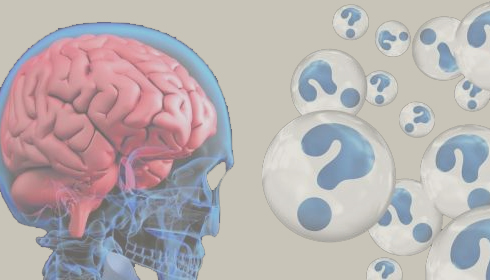
Eisai and Biogen put their bet on Leqembi to usher paradigm shift in Alzheimer’s Treatment
In a bid to tackle the devastating impact of Alzheimer's disease (AD), global pharmaceutical giants Eisai and Biogen in a recent communique have jointly stated that they have joined hands to make treatment more accessible, and are focussing on Leqembi, a drug aimed at alleviating the symptoms of AD.
In this direction, Eisai recently set a target of $360 million for Leqembi by 2024. According to Eisai, this shift is consistent with Jefferies analyst Michael Yee's belief that the aim is more realistic than previously estimated.
Despite a modest start with only $19 million in sales in the first quarter of 2024, the growing trend and increasing patient adoption suggest that this ambitious objective may be met.
However, the road has not been without obstacles. Eisai fell short of its initial target of 10,000 Leqembi patients in the United States by March 2024, with only 2,000 receiving the drug in January and another 8,000 awaiting availability. This sluggish adoption highlights the difficulties of introducing a novel drug in a market with few precedents.
Despite these data, Biogen CEO Chris Viehbacher remains hopeful, citing the launch's progressive nature and a significant increase in patient numbers from the fourth quarter of last year to the first quarter of this year, showing good momentum.
A key goal for expanding Leqembi's market presence is the development and approval of a more convenient injectable version of the medicine.
Currently provided via intravenous infusion, the injectable version presents the prospect of streamlining treatment regimes and reducing the strain on healthcare personnel.
The companies recently stated that this formulation, which is now under "rolling submission" with the FDA, is scheduled to be completed by October, potentially obtaining priority review and paving the path for an approval decision by mid-2025.
The companies stated that Approval of the injectable form, particularly as an induction treatment, might greatly boost Leqembi's marketability. Adoption rates are expected to skyrocket as administration becomes easier, resulting in more efficient healthcare delivery and revenue growth.
It's worth noting that Leqembi, a monoclonal antibody, targets and eliminates amyloid-beta plaques in the brain, which contributes to Alzheimer's disease progression by interfering with normal brain function and nerve cell death. This allows the immune system to recognise and eliminate plaques, potentially delaying the illness.
Furthermore, this breakthrough would establish Leqembi as a more competitive participant in the Alzheimer's treatment market, providing new hope to both patients and carers.
In a word, Leqembi's immediate trajectory is determined by a number of crucial aspects. The foremost among these is obtaining FDA approval for the injectable formulation. If it receives priority examination and approval, it has the potential to revolutionise sales figures. Furthermore, market response remains critical, requiring improved patient acceptance and physician support to reach revenue targets. Biogen's 30% increase in sales force size also bodes well for expanding Leqembi's reach to a larger audience, potentially changing the Alzheimer's therapy landscape.
While hurdles persist, Eisai and Biogen's strategic initiatives establish the framework for Leqembi's future expansion. With the injectable version on track for FDA approval and patient demand looking encouraging, the fiscal year 2024 revenue objective appears to be within reach. This could pave the way for much greater progress in the years to come, providing renewed hope in the fight against Alzheimer's diseasse.